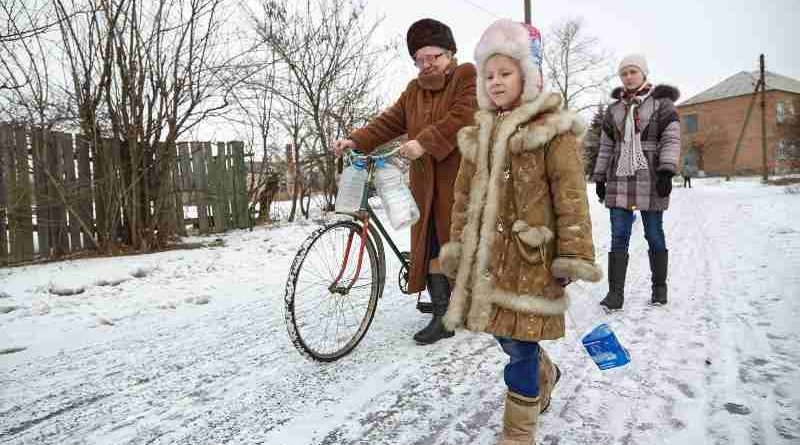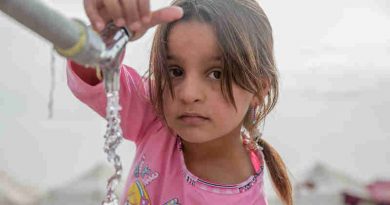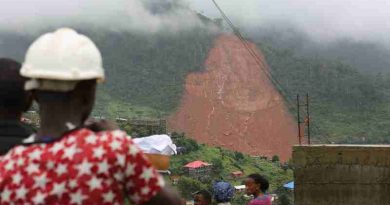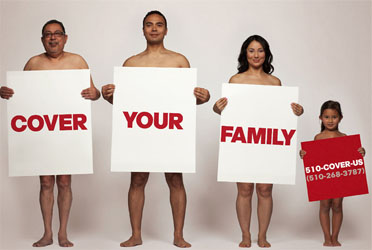2.1 Billion People Lack Safe Drinking Water at Home
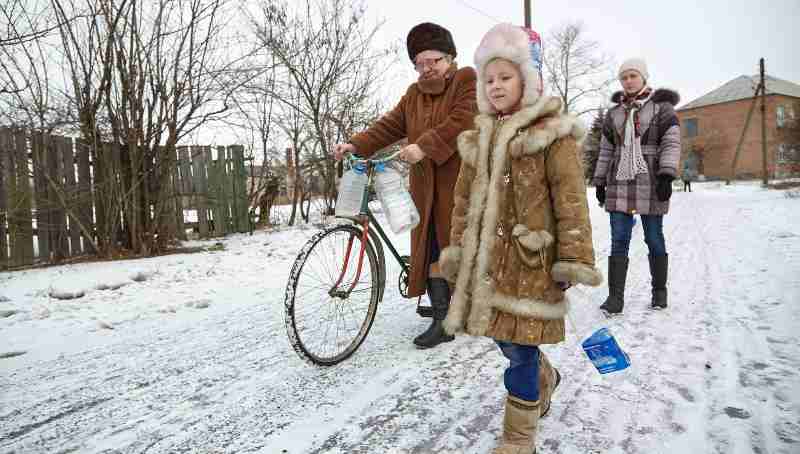
Some 3 in 10 people worldwide, or 2.1 billion, lack access to safe, readily available water at home, and 6 in 10, or 4.5 billion, lack safely managed sanitation, according to a new report by WHO and UNICEF.
The Joint Monitoring Programme (JMP) report, Progress on drinking water, sanitation and hygiene: 2017 update and Sustainable Development Goal baselines, presents the first global assessment of “safely managed” drinking water and sanitation services. The overriding conclusion is that too many people still lack access, particularly in rural areas.
“Safe water, sanitation and hygiene at home should not be a privilege of only those who are rich or live in urban centres,” says Dr Tedros Adhanom Ghebreyesus, WHO Director-General. “These are some of the most basic requirements for human health, and all countries have a responsibility to ensure that everyone can access them.”
[ Humanitarian Crisis Persists at DPS Housing Society in Delhi ]
Billions of people have gained access to basic drinking water and sanitation services since 2000, but these services do not necessarily provide safe water and sanitation.
Many homes, healthcare facilities and schools also still lack soap and water for handwashing. This puts the health of all people – but especially young children – at risk for diseases, such as diarrhoea.
As a result, every year, 361 000 children under 5 years of age die due to diarrhoea, the report says. Poor sanitation and contaminated water are also linked to transmission of diseases such as cholera, dysentery, hepatitis A, and typhoid.
[ RMN Foundation Free School Launches ‘Learn to Earn’ Program ]
“Safe water, effective sanitation and hygiene are critical to the health of every child and every community – and thus are essential to building stronger, healthier, and more equitable societies,” said UNICEF Executive Director Anthony Lake.
In order to decrease global inequalities, the new Sustainable Development Goals (SDGs) call for ending open defecation and achieving universal access to basic services by 2030.
Of the 2.1 billion people who do not have safely managed water, 844 million do not have even a basic drinking water service. This includes 263 million people who have to spend over 30 minutes per trip collecting water from sources outside the home, and 159 million who still drink untreated water from surface water sources, such as streams or lakes.
In 90 countries, according to the report, progress towards basic sanitation is too slow, meaning they will not reach universal coverage by 2030.
Of the 4.5 billion people who do not have safely managed sanitation, 2.3 billion still do not have basic sanitation services. This includes 600 million people who share a toilet or latrine with other households, and 892 million people – mostly in rural areas – who defecate in the open. Due to population growth, open defecation is increasing in sub-Saharan Africa and Oceania.


